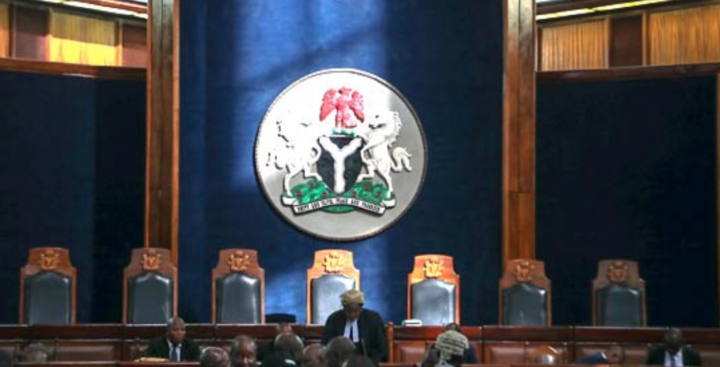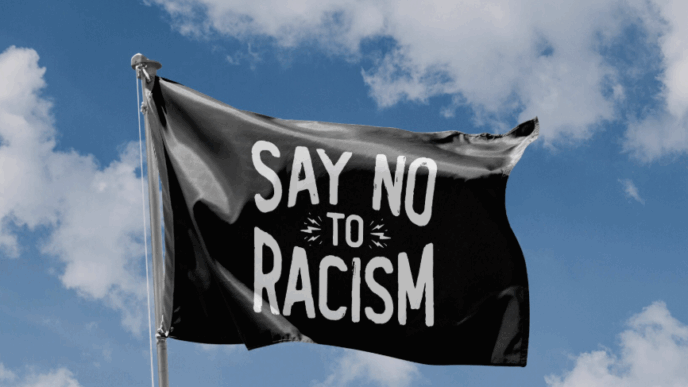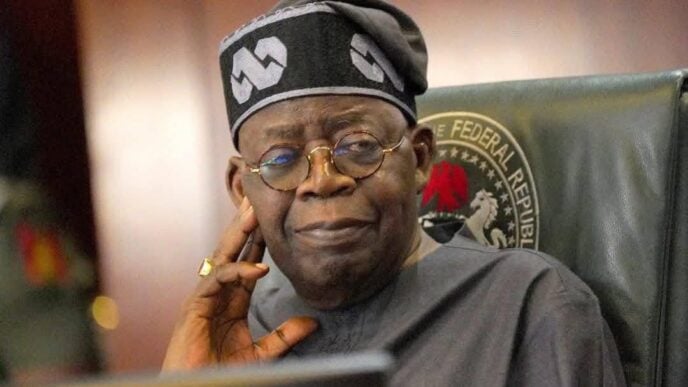Kemi Badenoch
BY CHIONYE HENCS ODIAKA
It is not surprising that Kemi Badenoch, the Conservative Party politician and current leader of the opposition in the United Kingdom, now publicly claims she no longer sees herself as a Nigerian despite her upbringing. That may well be a calculated decision, one shaped by her own words and conduct, particularly her repeated disparagement of Nigeria on international platforms where she frequently weaponises identity to suit political ambition. It appears she has chosen to distance herself from her Nigerian background in favour of aligning with a political base that demands assimilation over authenticity.
But this disavowal is not merely personal. It represents a wider phenomenon: how some individuals of African heritage, once elevated abroad, find it convenient to disparage or downplay the very countries that formed them. In Kemi Badenoch’s case, her rejection of Nigerian identity is seen by many not as a neutral decision, but as one rooted in opportunism and ideological convenience.
Her growing unpopularity among Nigerians, both at home and across the diaspora, is no longer a whisper. It has become a loud and principled repudiation. People are not angry because she acquired British citizenship or chose to serve in the UK government; such aspirations are legitimate.
Advertisement
Rather, the frustration stems from her willingness to belittle Nigeria in a bid to gain approval from political audiences that demand such disavowals as proof of loyalty. Nigerians feel betrayed, not by her success, but by how she has used her platform to feed into negative stereotypes about the very nation that helped shape her.
Without a doubt, Nigeria contributed to the making of Kemi Badenoch. She spent formative years in Lagos, attended school there, and lived among Nigerians long enough to be influenced by the cultural values, language, and worldview that come from such a background. Her ancestry, her childhood, and even the very name Kẹ́mi, which is a diminutive form of a Yoruba name, traceable through Nigerian lineage, are part of a deep heritage she now appears eager to erase.
But Nigeria is not short of gifted talents. It has never been. And it certainly isn’t short of Kemi Badenochs or Nigerians who attain prominence abroad and then choose to ridicule or distance themselves from the homeland that birthed and nurtured them. What they forget, however, is that, no matter how far you go, no matter how high you rise, your roots run deeper than your passport. You cannot amputate your origin without amputating part of your truth.
Advertisement
Yet, for every self-denying Badenoch, there are thousands of Nigerians making waves across the globe while proudly flying the Nigerian flag. These are doctors performing complex surgeries in American hospitals, engineers leading innovations in Europe, academics shaping minds in top universities, entrepreneurs building businesses, artists dominating global stages, and athletes breaking world records. They are not ashamed of where they come from. On the contrary, they draw strength from it. They rise not by rejecting their identity, but by embracing it wholly, even in the face of prejudice or misunderstanding.
If Badenoch’s goal is to shed her Nigerian identity as part of a political calculus, she is free to do so. But in doing so, she cuts herself off not just from Nigeria, but from a powerful global community of Nigerians whose accomplishments do not require apology or denial. These are people who carry their heritage like a badge, not a burden.
Nigeria is far from perfect. Its challenges are many: political instability, economic turbulence, corruption, and insecurity, but it remains a country of exceptional resilience, human capital, and promise. Millions of its people continue to build, dream, create, and serve, undeterred by the narratives peddled by those who found success and turned their backs.
Badenoch’s renunciation of her Nigerian identity may win her applause in some quarters, but it also reveals a profound misunderstanding of the power of roots. Identity is not an accessory to be worn when convenient and discarded when uncomfortable. It is a permanent thread in the fabric of one’s story. To deny it is not just to reject a country, it is to dilute your own humanity.
Advertisement
In truth, Nigeria has nothing to prove to anyone. It does not need validation from those who walk away. Rather, it continues to be defined by those who stay rooted, those who uphold its name even while abroad, and those who work to fix its flaws instead of feeding into them for political points.
To Kemi Badenoch and others like her, you are free to walk away. But do not assume that your departure signifies the nation’s decline. Nigeria’s story is still being written by millions of its children who believe in its future and proudly claim its name.
Let those who have ears to hear.
Chionye Hencs Odiaka, a public affairs commentator, can be contacted via [email protected]
Advertisement
Views expressed by contributors are strictly personal and not of TheCable.











